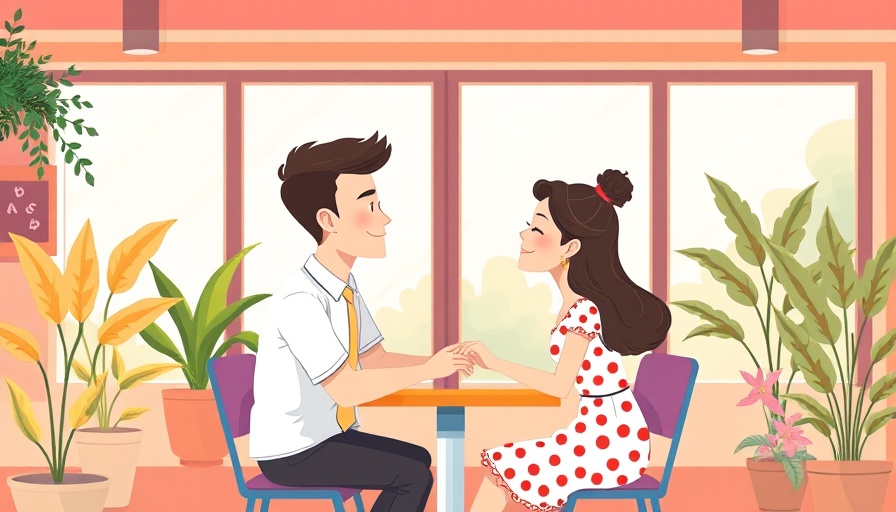
Strengthening Relationships Through Mindfulness
Love exists in myriad forms—between friends, family, romantic partners, and even within ourselves. However, the practice of mindfulness can enhance these relationships significantly, allowing for deeper connections, better communication, and greater overall well-being. Engaging with mindfulness not only cultivates self-awareness but also opens the door to appreciation and understanding of those around us.
As Louis Cozolino, a professor of psychology at Pepperdine University, eloquently points out, "Of all the experiences we need to survive and thrive, it is the experience of relating to others that is the most meaningful and important." Our relationships act as a foundation for emotional health, serving as crucial elements for happiness and longevity.
The Impact of Mindfulness on Relationships
Mindfulness involves being present in every moment, fully aware and attentive to our thoughts and feelings without judgment. This practice can significantly enhance interpersonal relationships by fostering empathetic communication. When we approach our conversations with mindfulness, we consciously choose to listen actively and respond thoughtfully, rather than react defensively.
Research has shown that individuals who engage in mindfulness are better equipped to handle conflict and emotional challenges. For instance, when emotions run high in an argument, mindful partners can take deep breaths and redirect their focus, centering on understanding rather than winning. This greatly diminishes the negative emotional cycles often present in relationships.
Creating Lasting Connections Through Mindful Practices
Here are several practical mindfulness strategies that can strengthen your relationships:
1. Practice Active Listening
Active listening requires full attention to the speaker, showing genuine interest in their words while suspending your own reactions. It can transform conversations into meaningful exchanges, strengthening bonds by fostering a greater understanding of each other's perspectives.
2. Express Gratitude
Gratitude practices significantly contribute to building positive relationship dynamics. Taking the time to acknowledge what you appreciate about your partner can lead to a reciprocal flow of affection and support, creating a nurturing space for both individuals.
3. Create Mindful Rituals
Setting aside regular time for mindfulness exercises as a couple—such as breathing exercises, meditation, or even sharing gratitude notes—can instill a sense of connection and unity. These rituals create a rhythm that reinforces the emotional fabric of the relationship.
Conclusion: Embrace the Power of Mindfulness in Love
By embracing mindfulness, you can foster the love, respect, and understanding necessary for thriving relationships. Remember, every relationship is a journey; cherish it by being fully present, forgiving, and open to growth. As you cultivate mindfulness in your interactions, you not only enrich your life but also contribute to a loving community where everyone thrives together.
 Add Row
Add Row  Add
Add 




Write A Comment